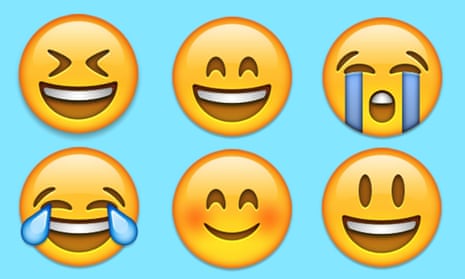I’m writing this piece as I sit on a sofa that I purchased through an app, having come home late from work via a car that I summoned with a single tap. After eating soup that I ordered from Seamless, I took my rescue dog, who I adopted via Petfinder, for a walk. While we paced the streets, I listened on my phone to a podcast. I think I’d be called a “heavy smartphone user”, but I do have limits: I’ve not yet come to rely on the small rectangle of glass and metal in my pocket to maintain my mental health. But that’s not for a lack of opportunity.
Mental health is a huge global issue. About one in four people will experience mental illness in their lifetimes, and while there are many kinds of therapy that are very effective, access to them is extremely limited, whether because of the proximity of resources, the cost, or the stigma associated with mental ill health that causes many people to avoid seeking help for fear of a loss of respect or status. Often it’s a combination of these factors. Our digital openness about so many other aspects of our lives – our willingness to share photos of our every tedious lunch, to seek partners to satisfy our sexual whims, or to announce our pregnancies – has yet to truly extend to our mental wellbeing.
In light of the scope of the problem, it’s not surprising that many people in the tech industry have decided to try their hands at changing the face of mental healthcare by building apps to help treat it: according to Nature this week, there are more than 1,500. Yet of these 1,500 apps, very little research has been done to measure their efficacy, and very little information is available about which can help and which might even hinder recovery.
Some research has shown that people who are heavy smartphone users are more likely than non-users to suffer from depression. And I’m inclined to think that while a well-built app might play a role in the long, hard work of managing mental illness – for example, in keeping a record of behavior that might flag things that exacerbate symptoms, or assisting with meditation – a phone will never be a substitute for the support and safety that’s offered by real people.
Mental illness is an isolating affliction: people who are suffering unmitigated symptoms of depression, anxiety and other health problems are often not very nice for other people to spend time with. (In the throes of despair, I know that I am not a pleasant companion.) It’s a terrible irony, since people suffering from mental health difficulties need the support of others more than most. We don’t just need to increase people’s access to real treatment for mental health. We also have to rethink how we’re educated about mental health, and the degree to which helping people who are fighting mental illness needs to be regarded as a collective responsibility. Despite that nearly-one-in-three figure, it’s still regarded so often as an embarrassment, as a topic to be avoided except among one’s closest confidants.
We circle the wagons, rightly, when people fall ill with cancer – a disease that about a third of people will suffer from – but we send them into reverse when it comes to mental illness. To truly help people achieve recovery, or at least management, of mental health issues, we need to regard it as a community epidemic. Maybe some apps can contribute to that. But real, living humans will play a far more important part. People often tell me that I’m brave when I write about my experiences with depression, and this comes from the kindest of places. But I’d love to live in a society where it’s neither brave nor unexpected to be able to discuss mental health: where ready support from humans means that this is one area in which we don’t have to stare into our phones in the hopes of finding a cure.
